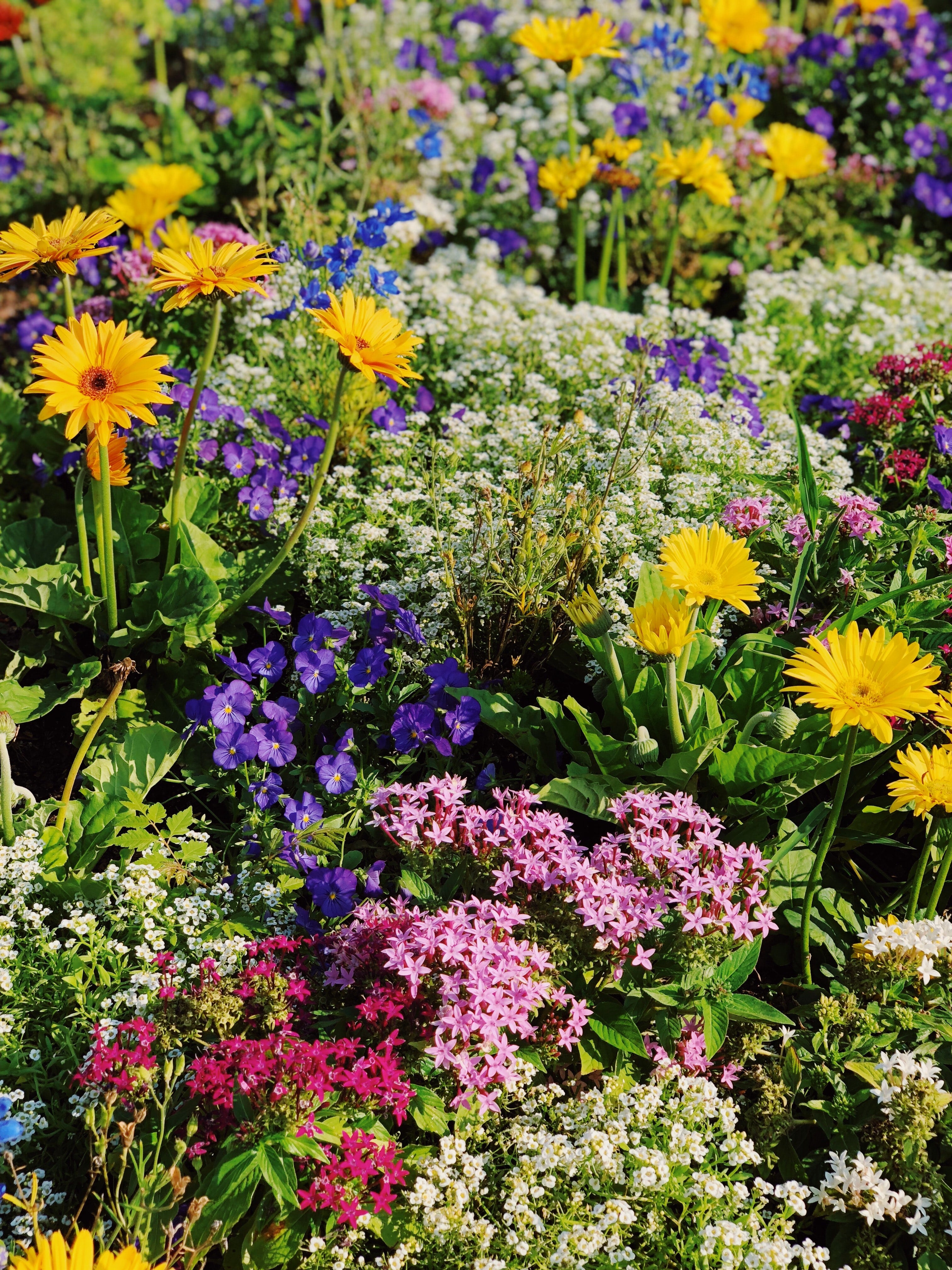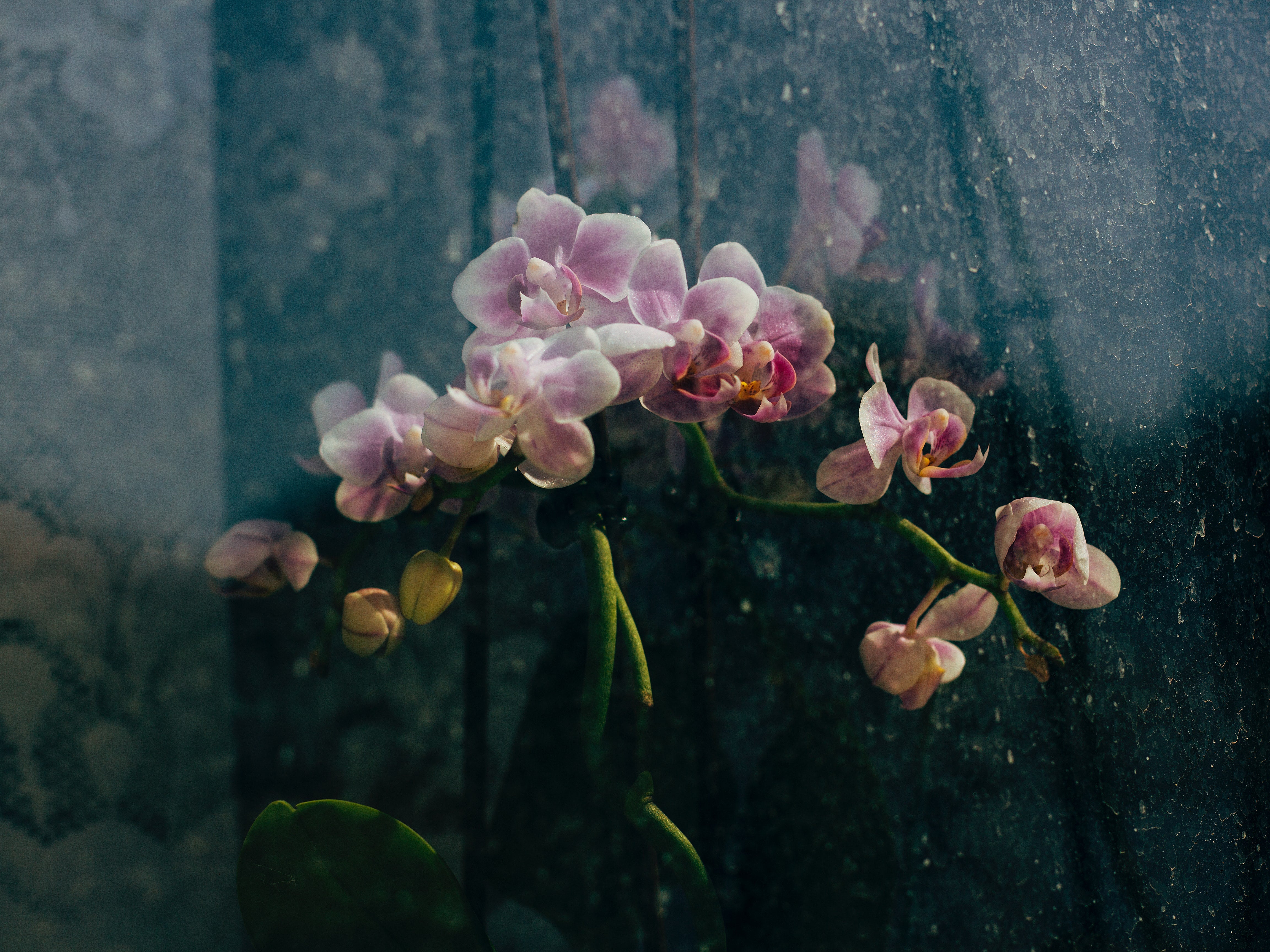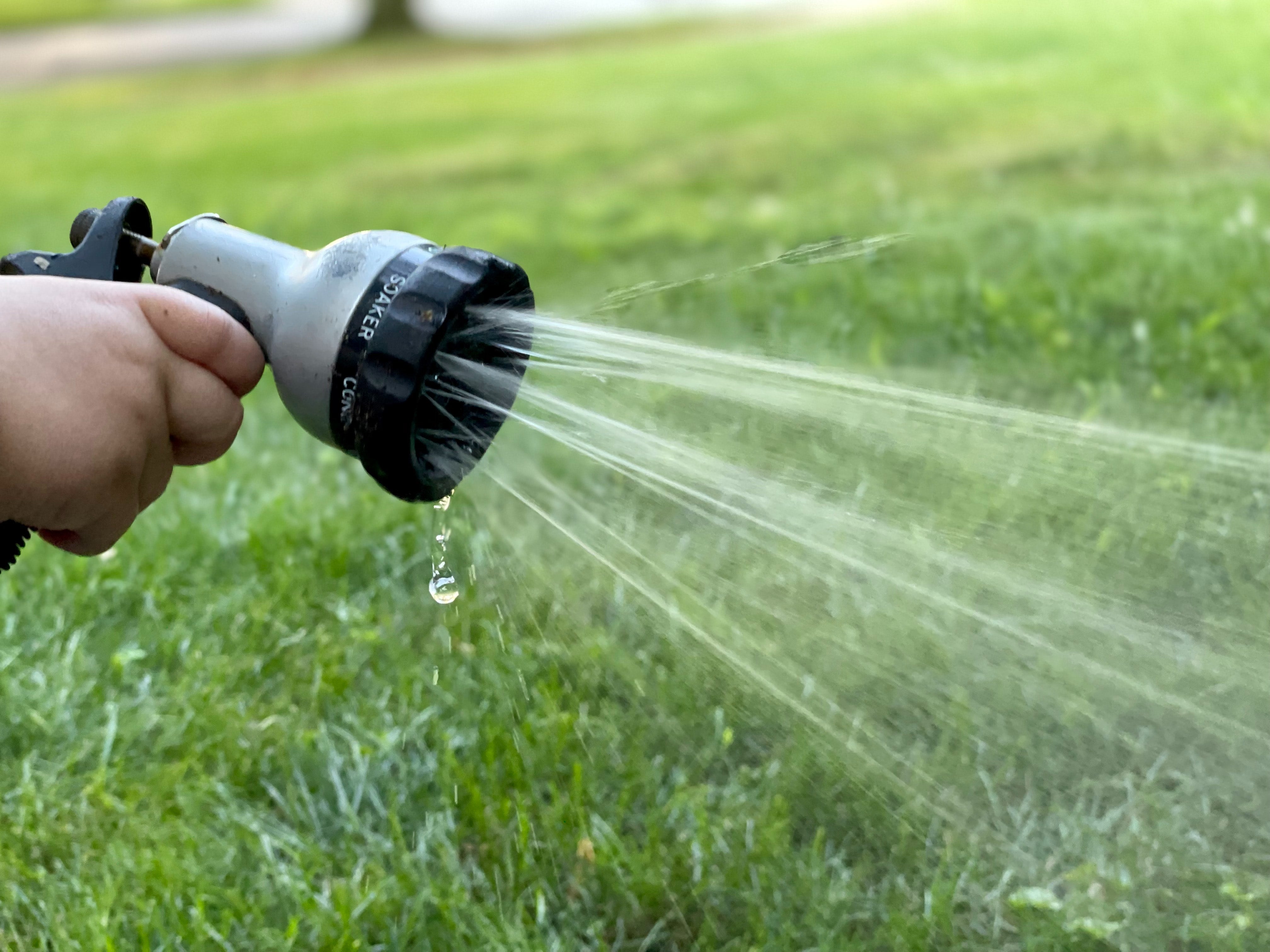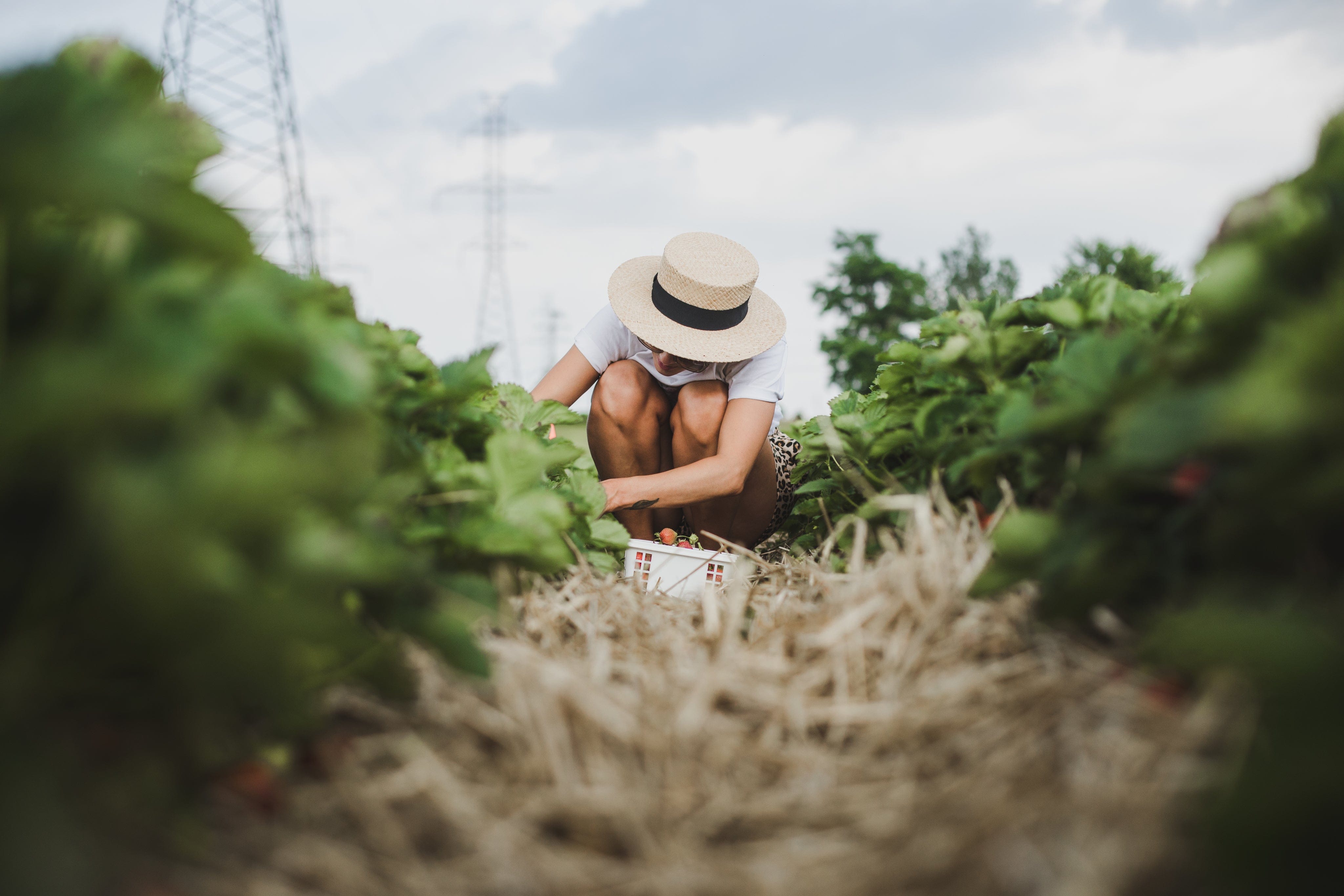
Creating a Water-Wise Garden in South Africa: Tips and Tricks
Creating a beautiful and water-efficient garden is a challenge faced by many gardeners in South Africa. With the country's frequent droughts and limited water resources, adopting practices that help conserve water while still enjoying a thriving garden is important. In this article, we'll provide you with tips and tricks for creating a water-wise garden in South Africa.
-
Understanding Water-Wise Gardening Water-wise gardening is the practice of using techniques and plants that require less water to thrive. This can be achieved through various methods, such as mulching, proper irrigation, and choosing drought-tolerant plants. The goal is to reduce water usage without compromising the health and beauty of the garden.
-
Assess Your Garden's Water Requirements Before implementing water-wise gardening practices, it's important to assess your garden's water requirements. This can be done by determining your soil type, sun exposure, and climate zone. This information will help you choose plants that are best suited to your garden's specific needs.
-
Choosing Drought-Tolerant Plants Choosing the right plants is key to creating a water-wise garden. Drought-tolerant plants, such as succulents, cacti, and certain grasses, are well-adapted to South Africa's arid climate. These plants have evolved to survive in areas with low water availability, making them ideal for a water-wise garden. Other options include native plants and plants that are well-suited to your garden's microclimate.
-
Mulching is a simple and effective way to conserve water in your garden. By covering the soil with a layer of organic material, such as bark, leaves, or compost, you can help retain moisture and suppress weed growth. Mulching also helps regulate soil temperature, which can benefit plant growth.
-
Proper Irrigation Proper irrigation is essential to a water-wise garden. Water should be applied slowly and deeply to encourage deep root growth and minimize evaporation. Drip irrigation is a popular method of irrigation for water-wise gardens, as it delivers water directly to the roots of plants, reducing water waste.
-
Harvesting Rainwater Rainwater harvesting is a great way to conserve water and reduce your reliance on municipal water. By collecting rainwater in a storage tank, you can use it to water your garden during dry periods. Rainwater is also free from chlorine and other chemicals found in municipal water, making it better for your plants.
-
Controlling Weeds and Pests Weeds and pests can compete with your plants for water and nutrients, making it even more important to control them in a water-wise garden. Using natural pest control methods, such as companion planting and introducing beneficial insects, can help keep pests in check without harming the environment.
-
Maintaining Your Water-Wise Garden Maintaining a water-wise garden is essential to its success. Regular maintenance, such as pruning, fertilizing, and pest control, can help keep your garden healthy and beautiful. It's also important to monitor your garden's water usage and adjust your irrigation schedule as needed.
In conclusion, creating a water-wise garden in South Africa is a worthwhile endeavour that can bring many benefits to both the environment and your home.
Following the tips and tricks outlined in this article, you can reduce water usage, conserve natural resources, and still enjoy a beautiful and thriving garden.
Whether you're a seasoned gardener or a beginner, there are plenty of ways to make your garden more water-wise, from selecting drought-tolerant plants to implementing smart irrigation systems. By taking a mindful and eco-conscious approach to your gardening practices, you can create a beautiful and sustainable outdoor space that you can enjoy for years to come.
Remember, creating a water-wise garden is not just about saving water, it's also about creating a healthy and balanced ecosystem that supports biodiversity and natural habitats. By incorporating these principles into your gardening practices, you can play an important role in protecting South Africa's natural resources and contributing to a more sustainable future.
We hope this article has provided you with useful information and inspiration for creating your own water-wise garden. By following these tips and tricks, you can be part of a growing movement towards more sustainable and eco-friendly gardening practices.
Thank you for reading, and happy gardening!




Leave a comment
This site is protected by hCaptcha and the hCaptcha Privacy Policy and Terms of Service apply.